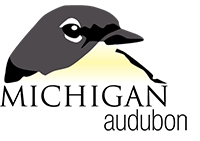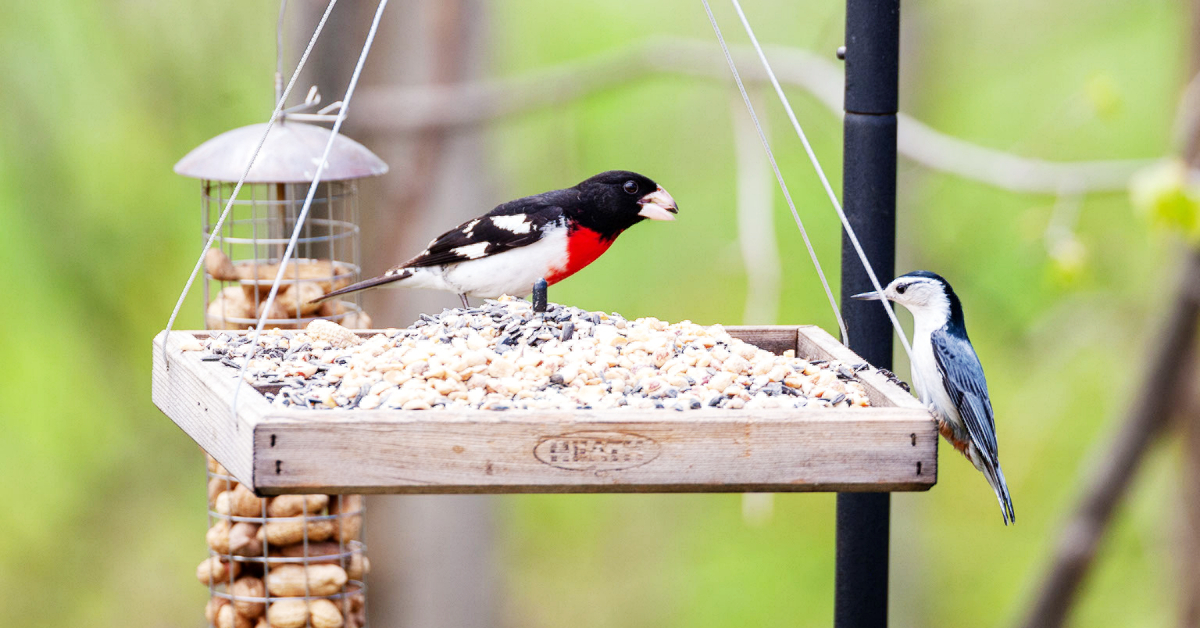As a precautionary measure, taking down bird feeders can help limit the spread of avian flu. At this time, highly pathogenic avian influenza has been detected in wild birds and domestic flocks in several counties throughout Michigan.
Although songbirds are less vulnerable than other species to avian flu, there is still the possibility of avian flu spreading at your feeding station if it is near domestic poultry flocks or if waterfowl, raptors, or other wild birds visit.
The Michigan DNR has not banned bird feeding at this time, but they shared that “temporary removal of these food sources could be helpful, especially for anyone who has highly susceptible species — domestic poultry, raptors or waterfowl — living nearby. Similarly, removal could be a wise choice for those who observe high-risk species like blue jays, crows or ravens hanging around backyard bird feeders. This temporary removal of bird feeders and baths may only last for the next couple months, or until the rate of HPAI spread in wild and domestic birds decreases.”
Even when outbreaks are not prevalent, bird feeders can spread avian diseases/illnesses such as avian pox, conjunctivitis, and salmonella. This is an important reminder that keeping your bird feeders and birdbaths clean is essential for their maintenance. To clean feeders and birdbaths, you can start by scrubbing them with water and soap, then apply a solution of 9 parts water with 1 part bleach. After thoroughly rinsing, let the feeder dry entirely and refill with fresh food. You can learn more about cleaning your feeders in this video from Wild Birds Unlimited.
If you observe unusual or unexplained deaths among wild bird populations, you can report information using the Eyes in the Field diseased wildlife form or by calling the DNR Wildlife Disease Laboratory at 517-336-5030.
Resources
Avian flu updates from Michigan Department of Agriculture and Rural Development
North American Birds Face Their Own Pandemic With Latest Bout of Avian Flu
National Audubon Society | April 21, 2022
Temporary removal of bird feeders can slow spread of HPAI
Michigan Department of Natural Resources press release | April 20, 2022
DNR: Removing Feeders Not Urgent but Could Reduce Bird Flu
US News & World Report | April 20, 2022
Avian Influenza Outbreak: Should You Take Down Your Bird Feeders?
The Cornell Lab of Ornithology | April 20, 2022
2022 Detections of Highly Pathogenic Avian Influenza in Wild Birds
USDA | Ongoing updates
Avian influenza confirmed in wild birds in these Michigan counties
Detroit News | March 24, 2022

